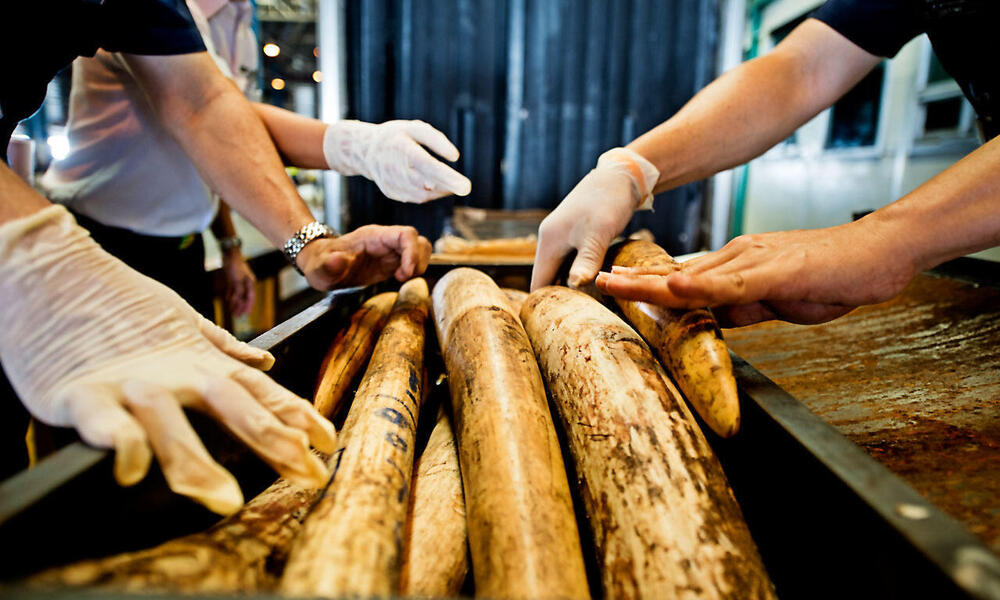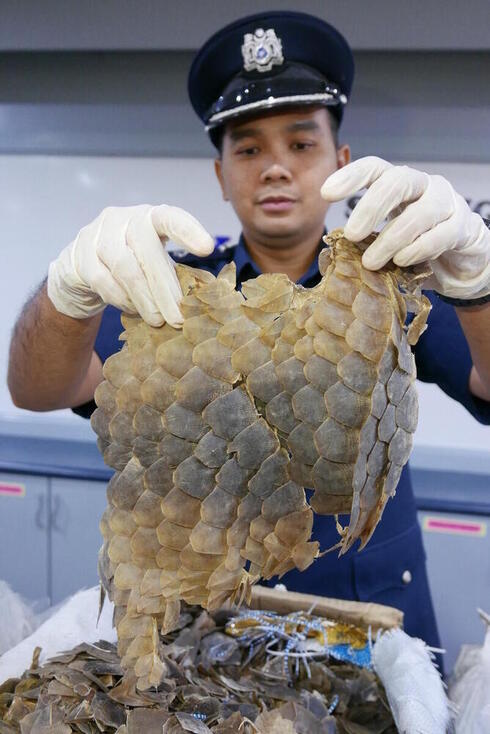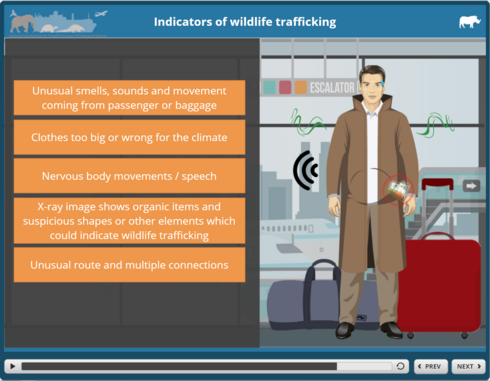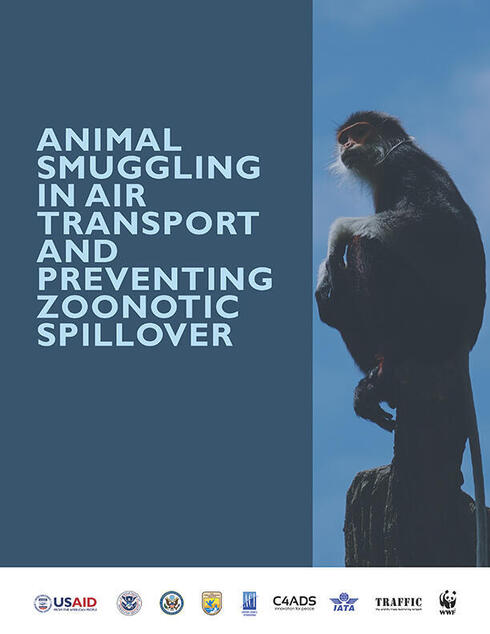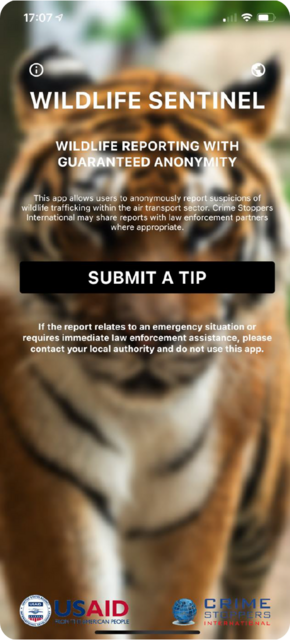All ROUTES resources are evergreen and will continue to be freely available for company partners to integrate and leverage. In particular, the ROUTES website and resources are hosted on the USAID Biodiversity Links website. Access to ROUTES training materials will remain available through the TRAFFIC website, ACI wildlife trafficking webpage, and IATA wildlife trafficking webpage.
As a key partner of ROUTES, the United for Wildlife (UfW) Transportation Task Force continues to encourage all transport companies to consider becoming signatories of the Buckingham Palace Declaration—a landmark agreement committing to shutting down the routes exploited by traffickers of the illegal wildlife trade moving their products—to take part in regional task force meetings in Asia, Southern Africa, and the Americas, and to co-develop and implement action plans to fulfill these commitments with the resources generated through ROUTES.
Partners continue to sustain ROUTES-led technology initiatives, such as the reporting app Wildlife Sentinel. In addition, ROUTES partners WWF, IATA, and TRAFFIC continue to coordinate the deployment of an x-ray machine learning algorithm at key airports in Southern Africa to detect priority wildlife products.
As part of ROUTES, ACI and IATA co-developed Information Papers and Working Papers for the International Civil Aviation Organization (ICAO) to encourage recognition of the importance of wildlife trafficking prevention in air transport. In 2022, at the 41st ICAO Assembly, the Assembly approved new clauses related to wildlife trafficking to their Resolution (Assembly Resolution A40-16) which urges cooperation on wildlife trafficking issues amongst Member States and various national, regional, international parties, and other interested stakeholders.
“ROUTES was a game-changer for ACI in terms of bringing the necessary resources and expertise so we could support our member airports better understand their role in helping to prevent this complex and transnational crime.”Juliana Scavuzzi, Senior Director, Sustainability, Environmental Protection, and Legal Affairs at ACI World
Wildlife trafficking is a global conservation issue that no single project or initiative can solve alone. It is an issue that requires the private and public sector to convene, collaborate, and tackle together. With the champions and commitments solidified through the ROUTES Partnership, the transport sector is poised to be a leader in these conversations.
